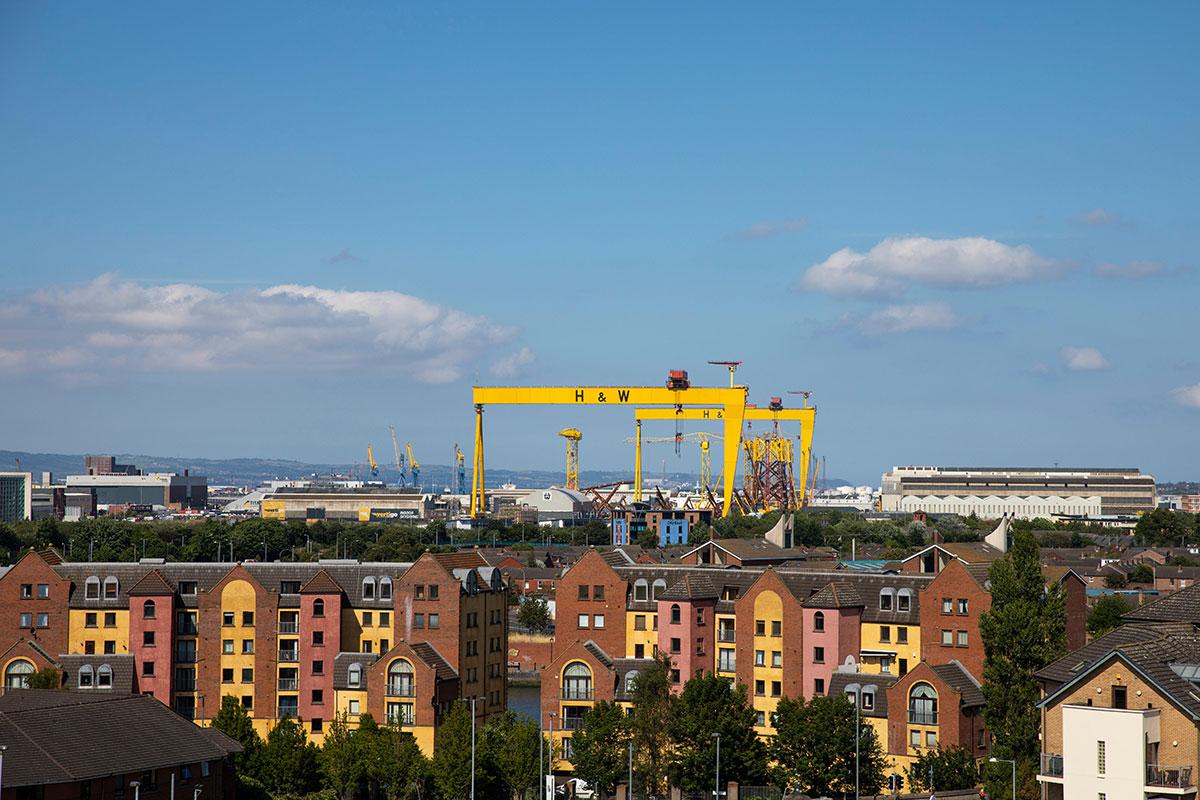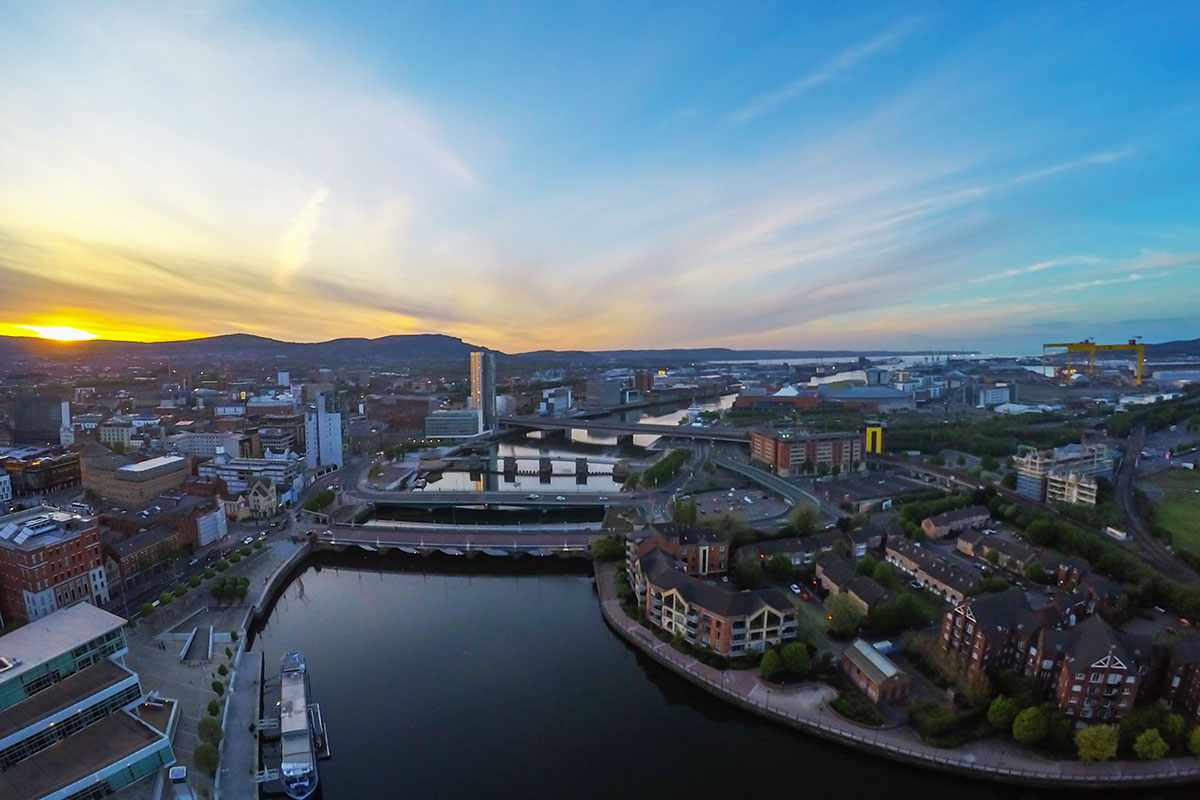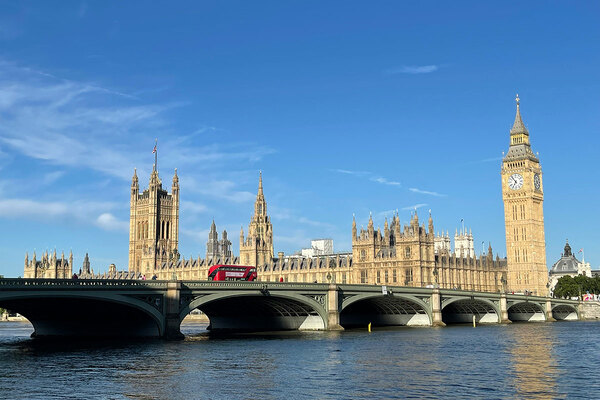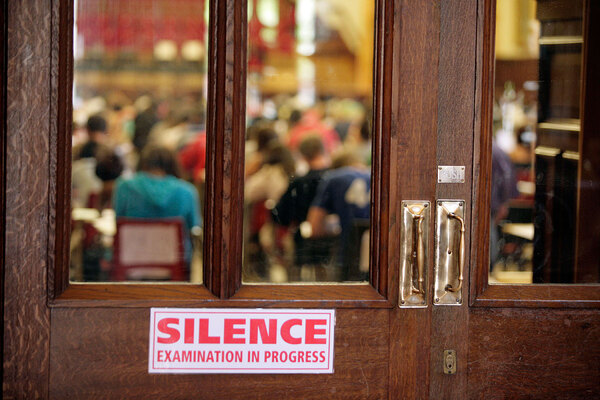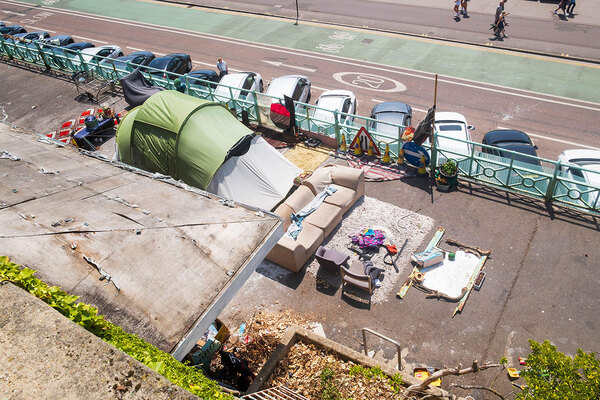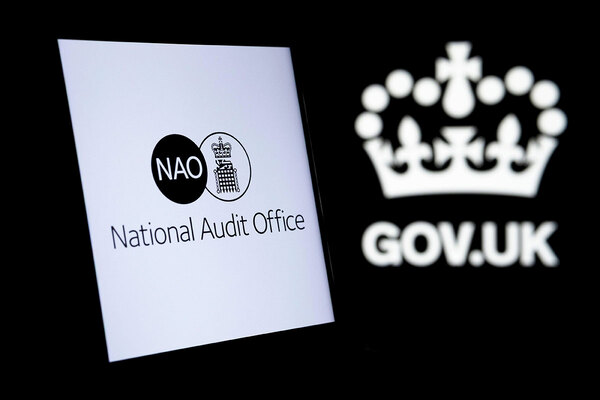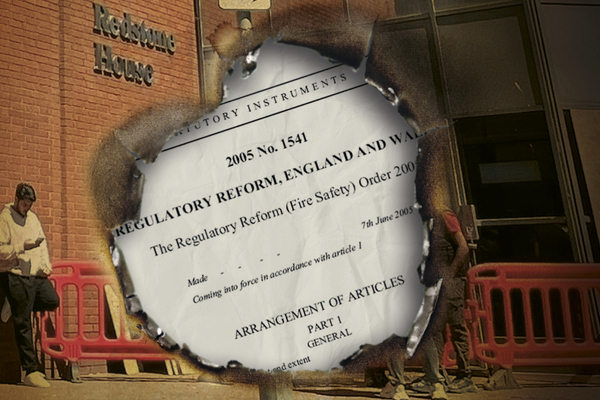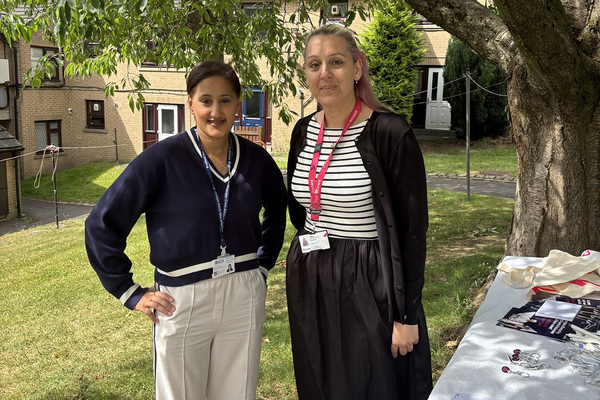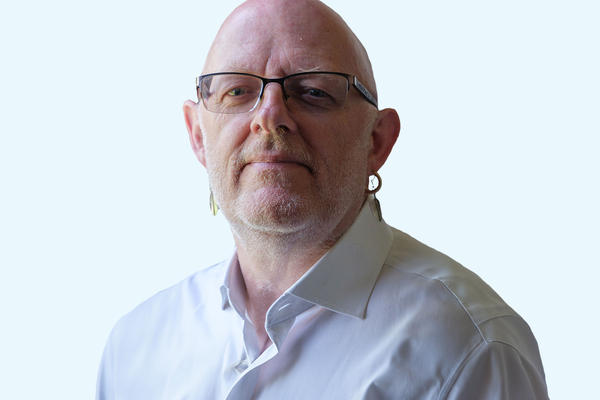One in 14 people in Northern Ireland has experienced homelessness
One in 14 people in Northern Ireland has experienced homelessness, a new study by the Simon Community charity and pollster LucidTalk shows.
Researchers additionally found that nearly one in three residents has a direct connection to homelessness, either because they’ve been through it or know someone who has.
Levels of homelessness in the country has reached record levels, with figures in March showing an 8% increase from last year.
Currently, almost 60,000 people, around one in 32, are legally classified as having nowhere to live. However, the Simon Community said the true level was probably much higher, with 25,000 people estimated to be ‘hidden homeless’ (not coming forward for help).
The new study gathered responses from 2,000 people across the nation on their perceptions of homelessness.
The study found that working-class people are more than twice as likely to report personal experiences of homelessness than other social groups. There are “similarly marked” differences across the indicators of direct experience, the report said.
“This supports wider evidence on the social gradient of housing insecurity and confirms that homelessness remains closely linked to material inequality,” it added.
The charity’s study found that while most of the public (92% of respondents) see homelessness as a serious issue and almost all (95%) think it is important to reduce it, the majority, 93%, underestimate the scale of the issue.
“These findings point to a persistent gap between public perception and the actual extent of homelessness in Northern Ireland,” it said.
“This disconnect may shape how urgently the issue is treated in policy and public discourse. It underscores the need for targeted communication strategies to improve awareness and challenge misconceptions about the scale and nature of homelessness.”
Researchers also found that there is growing understanding of the problem, with 82% of respondents agreeing that homelessness is usually outside of someone’s control.
Addiction was most often given as the cause, cited by more than two-thirds of those surveyed – far more than reasons such as poverty, trauma, low wages or difficulties within the health and care systems.
There was widespread support for measures to help people who are experiencing homelessness, though financial help had less public backing than other interventions.
The research found gender differences, too, with women more likely than men to believe homelessness is extremely serious and support efforts to reduce it.
Jim Dennison, chief executive of the Simon Community, said: “Homelessness can happen to anyone. In fact, 86% of people we polled recognise this: that life events like job loss, relationship breakdown, illness or rising rents can push anyone into crisis.
“The reality is that rising costs in Northern Ireland are making it harder to keep a roof over your head. With far too few affordable homes, many people are living in expensive, unstable private rentals.
“Forced to choose between housing, heating or food, more people are being pushed to the brink of homelessness. This isn’t about personal failure; it’s about systems that don’t provide enough support when people need it most.
“Eighty-eight per cent of people we polled agreed that everyone has the right to safe and secure housing. Now is the time for our policymakers to do things differently and ensure everyone in Northern Ireland has a stable home and a fair chance at life.”
Sign up for our Northern Ireland bulletin
Already have an account? Click here to manage your newsletters
Latest stories
